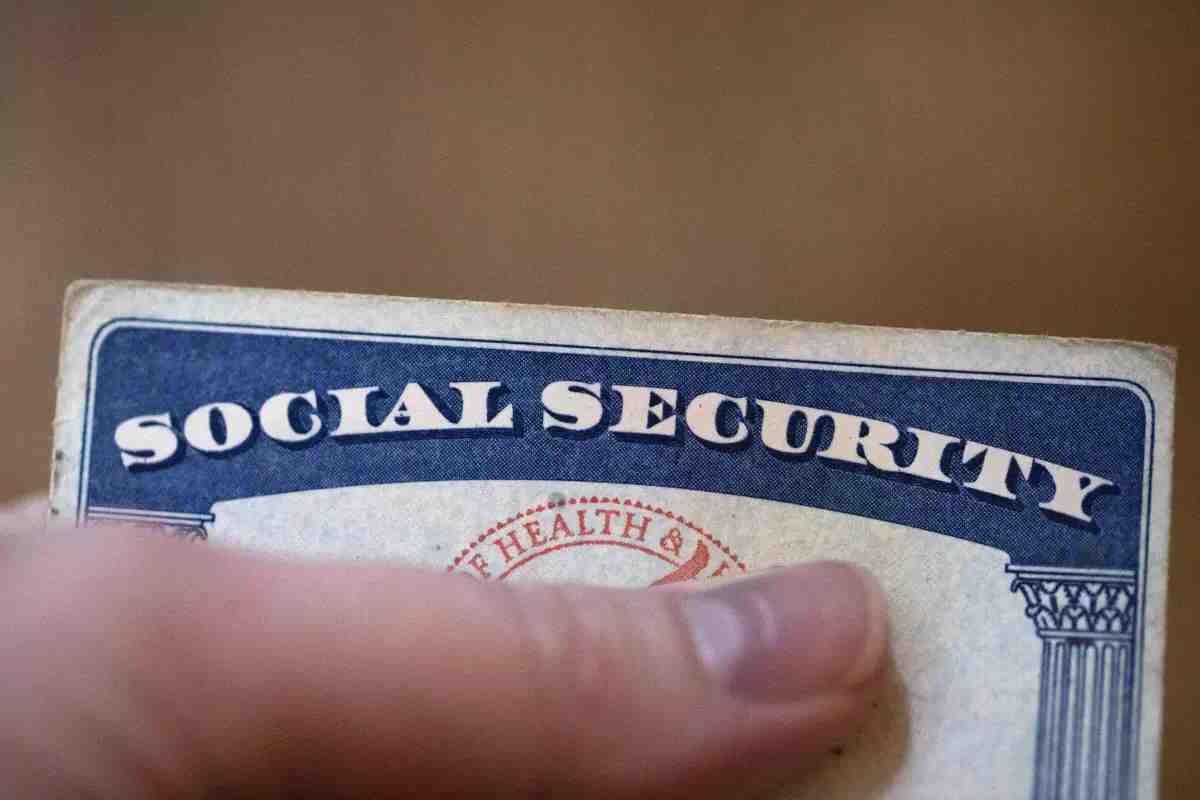Hackers May Have Stolen Billions' Social Security Numbers Of Americans: How To Safeguard Yourself
Aug 15, 2024 / GMT+6
A massive data breach has exposed billions of personal records. Hackers accessed sensitive details like Social Security numbers, putting many at risk.
More topics for you...This topic continues below.
China reports record $1.2 trillion trade surplus for 2025, defying Trump's tariffs.
A new lawsuit reveals that hackers might have stolen personal information of billions of people. This includes Social Security numbers, past addresses, and names of family members. This stolen data could allow criminals to access financial accounts or take out loans in victims' names.
The lawsuit, filed by California resident Christopher Hofmann, says his identity theft protection service found his information on the dark web due to a breach from “nationalpublicdata.com.” The breach supposedly happened around April 2024. Hackers from the group USDoD allegedly stole unencrypted data from National Public Data (NPD), a background check firm. A version of this stolen data was recently leaked for free on a hacker forum.
The leaked files reportedly contain 2.7 billion records, including names, addresses, dates of birth, Social Security numbers, and phone numbers.
What Is National Public Data?
National Public Data, based in Coral Springs, Florida, is a company that provides background check services. They offer detailed reports used by employers, investigators, and businesses to verify individuals' backgrounds. Their searches cover a range of information, including criminal records, vital records, Social Security number traces, and more. This information helps companies make informed decisions about hiring and other background checks.
Details of the Hack
The lawsuit alleges that on April 8, 2024, hackers from a group known as USDoD uploaded a massive database labeled “National Public Data” to the dark web. This database reportedly contains personal records for approximately 2.9 billion individuals. Initially, the hackers sought $3.5 million for the database. However, the data was later leaked for free on a hacker forum, making it accessible to a broader range of cybercriminals.
Did NPD Notify Anyone?
The lawsuit raises concerns about whether National Public Data informed affected individuals about the breach. According to the lawsuit, NPD has not provided any formal notification or warning to those impacted by the data leak.
As a result, many people may still be unaware that their personal information has been compromised, leaving them vulnerable to identity theft, fraud, and other forms of financial harm. The lawsuit highlights a lack of communication and transparency from NPD regarding the breach.
What Types of Information Were Stolen?
The stolen data reportedly includes a wide range of personal details. This includes full names, addresses, dates of birth, Social Security numbers, and phone numbers. Such comprehensive data can be used by criminals to commit identity theft, apply for loans, or even create fake accounts in victims' names. The extent of the breach makes this information especially valuable and dangerous.
How to Protect Yourself
To protect yourself from potential misuse of your stolen data, consider these steps:
- Freeze Your Credit: Contact the three major credit bureaus—Experian, Equifax, and TransUnion—to place a credit freeze on your file. This free action prevents anyone from accessing your credit report, making it harder for fraudsters to open new credit accounts in your name.
- Monitor Your Data: Use a dark web monitoring service to check if your personal information appears on illegal websites. These services alert you if your data is found, allowing you to take action quickly.
- Enable Two-Factor Authentication: Strengthen your online account security by enabling two-factor authentication (2FA). This extra layer of security requires you to provide a second form of identification, making it more difficult for hackers to access your accounts.







